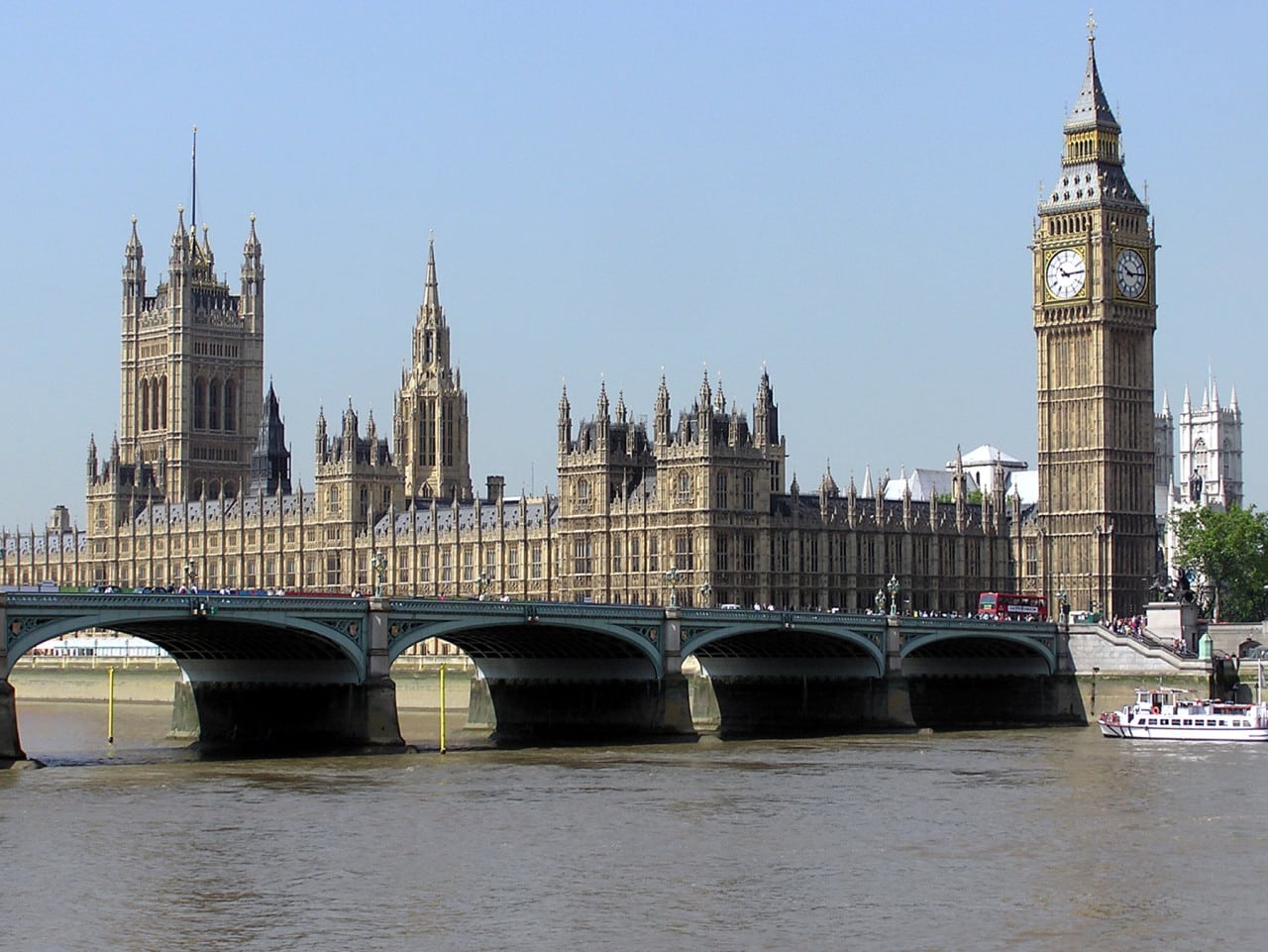
The United Kingdom made the wrong call in turning away from carbon capture and storage and should correct the error as soon as possible, according to a new review prepared for Secretary of State for Business, Energy, and Industrial Strategy Greg Clark by a Parliamentary Advisory Group on CCS. “UK action on CCS now will deliver lowest cost to the consumer. There is no justification for delay. Heavy costs will be imposed on current and future UK consumers by a continued failure to enact an effective CCS policy,” says the report, released Monday.
The report addresses the “policy disconnect” between the 2015 decision to scrap the nation’s £1 billion CCS commercialization competition and an ever-growing body of evidence that CCS is essential for least-cost decarbonization of the economy. The government scrapped the competition because of the high cost of CCS, stating a preference to wait until the technology had matured elsewhere.
That’s not a good idea, according to the advisory group: “There is no reason to wait for international projects or for technological progress in either the components or overall system of CCS. Because lead times are long – planning, regulatory and construction – early decisions are needed.”
The report sets out six recommendations for developing a new CCS policy in the U.K.:
- “Establish a CCS Delivery Company (‘CCSDC’).” The CCSDC would be state-owed at its inception and eventually privatized. It would be tasked with “delivering full-chain CCS for power at strategic hubs around the UK at or below £85/MWh.” The company would need roughly 200 million to 300 million pounds in funding over the next four to five years;
- “Establish a system of economic regulation for CCS in the UK”;
- “Incentivise industrial CCS through Industrial Capture Contracts”;
- “Establish a Heat Transformation Group”;
- Establish a CCS certificate system for certification of captured and stored CO2; and
- Establish a CCS obligation system. “This will put an obligation on fossil fuel suppliers to the UK to sequester a growing percentage of the CO2 associated with that supply,” the report explains.